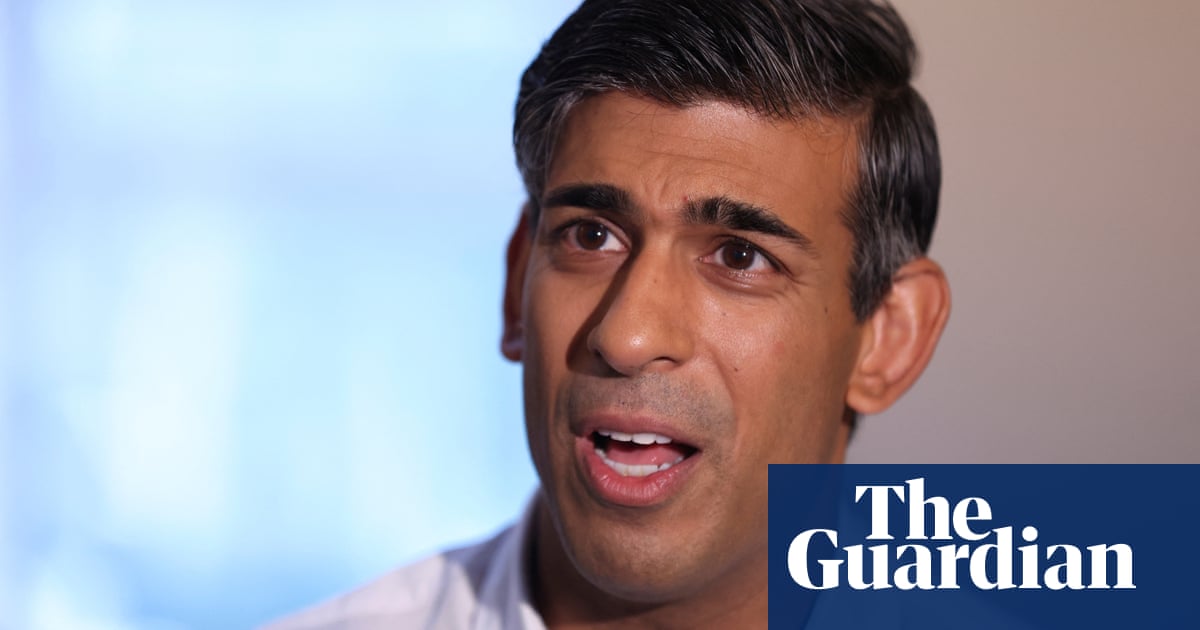The IFS report, Reforming Inheritance Tax, found that in 2024, the wealthiest fifth of donors will bequeath an average of £380,000 per child, and pay inheritance tax of about 10% of this amount.
Wait, inheritance tax in the UK is only 10%? Damn, it’s 40% here in the US.
googles
Ah, no. The Guardian is just factoring in the exempt portion.
Everyone in the 2023-24 tax year has a tax-free inheritance tax allowance of £325,000 - known as the nil-rate band. The allowance has remained the same since 2010-11.
The standard inheritance tax rate is 40% of anything in your estate over the £325,000 threshold.
Okay, so it works like the US, except that in the US, the exempt portion is much higher, like $13 million. Double that for married couples.
Is the primary residence exempt or something? Because otherwise, I’d think that that’d require a lot of residences to be sold to cover taxes, as a lot of houses are going to be more than that.
looks more
Ah. No, but you do get an extra allowance for that.
Since April 2017, you’ve been able to pay less inheritance tax when leaving property to a family member. For the 2023-24 tax year, this transferable allowance is £175,000.
Also, it’s interesting that the exemption isn’t indexed for inflation in the UK, as in the US, it is. The UK has the very-favorable-to-the-elderly triple pension lock that does (at minimum) track inflation, but it sure doesn’t extend to inheritance tax.
This is the best summary I could come up with:
The thinktank said the latest figures from HMRC showed fewer than 4% of estates paid inheritance tax (IHT) in 2020–21, but the rapid growth in wealth among older individuals meant this number was set to rise to more than 7% over the next decade.
While London has the most estates liable to pay the tax, hotspots across Sussex, the Cotswolds and around Birmingham will have the greatest number per 100,000 residences.
The authors estimate that if the amount of money bequeathed through inheritances next year were to be equally shared between all 25-year-olds, each would receive about £120,000.
Rishi Sunak is understood to be considering an inheritance tax cut as he attempts to woo voters and create clear dividing lines with Labour.
Nadhim Zahawi, a former chancellor, called inheritance tax “morally wrong” and a “spectre that haunts us alongside death” in an article for the Telegraph in the summer.
The report said: “Taking a longer-term view, the rapid growth of wealth compared with earnings over the past several decades has brought with it questions about the balance of taxation across generations and the growing role of parental wealth transfers in driving differences in life outcomes within today’s working-age generations.
The original article contains 688 words, the summary contains 199 words. Saved 71%. I’m a bot and I’m open source!
Would cost? No…it wouldn’t cost, they just wouldn’t get. Cost implies they still have to pay, this just means they won’t get tax money on funds that are already taxes. Do it. Abolish this tax then go after the billionaires who pay nothing for life because rich. Get you funds from them.
‘Cost’ is applicable, because this money is money that has factored into the budget and public spending every year. To make up for not having it, you would need to find or cut the same amount of money elsewhere.
For what its worth, the reason that Tories want to cut this is because it disproportionately taxes the wealthy, and specifically generational wealth. Assets under £375,000 (iirc) are not taxed on inheritance
Cutting inheritance tax will increase the wealth gap and cost the goverment money at a time when vital public services are still suffering from 13 ongoing years of austerity
You make a good point; if tories want to do it, you can be sure that it benefits them more than you
Abolish this tax that largely impacts the rich (when they don’t get around it with trusts and exemptions) and tax the rich…?
I think it only kicks in at 1 million anyway, and I wouldn’t disagree to it being raised to say 5 million, as it’s entirely possible from a regular person to get a well paying job, and have invested and saved their way to that figure by retirement.
But scrapping it entirely removes one of the only ways that we do tax billionaires. One of the last thing I’d want is billionaire generational wealth.
It kicks in at £325,000, plus any additional adjustments.
I really thought it was higher to be honest. That’s even worse. Fully support it being raised, but not removed.
There are a bunch of adjustments, chief among them that if you inherit spouse to spouse then it isn’t taxed and if spouse 1 passes away without using their inheritance tax amount then you get to use their inheritance tax amount too when you pass away, effectively doubling the limit. Among others, like allowances around your primary residence.
The best thing you can do for your loved ones is leave a Will and a clear paper trail, trust me.






